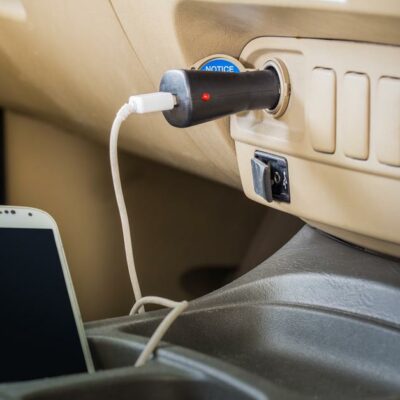
Warning Signs of Depression to Watch Out For
It’s natural to feel down sometimes, especially when going through major life changes, like moving to a new city or a romantic relationship has ended. What’s not natural or normal is when these feelings of hopelessness persist for months on end. When these feelings endure and life feels too overwhelming, it can be a sign of clinical depression. The first step to recovering from depression is to determine whether the persistent and relentless dark feelings are depression or the occasional sadness we all experience.
The following are the warning signs of depression to watch out for in yourself and your loved ones:
- Loss of interest
Depression can rob people of the pleasure of activities and hobbies that were once enjoyable. Even social interactions can become overwhelming to a depressed person. A withdrawal from activities or loss of interest in hobbies you once looked forward to is a telltale sign of depression.
- Loss of energy and sleep changes
People with depression often report feeling tired all the time to the point where their physical abilities have slowed down. This is one of the most debilitating symptoms of depression and this lack of energy can manifest itself in changes in a person’s sleep schedule. These sleep problems can include trouble falling and staying asleep, waking up too early, or oversleeping.
- Anxiety
Depression and anxiety often occur together and people who have been diagnosed with clinical depression can be diagnosed with an anxiety disorder as well. The symptoms of anxiety can include:
- Difficulty focusing
- Rapid breathing
- Increased heart rate
- Feelings of dread, panic, and danger
- Nervousness, feeling tense, and restlessness
- Mood swings
Depression has been known to cause unpredictable emotions, such as outbursts of anger or crying uncontrollably. These mood swings can be prompted by the smallest inconvenience, but in a depressive state it can be difficult to control one’s emotions. Cases of extreme mood swings can be a sign of bipolar disorder.
- Changes in appetite
Depression affects the appetite and can cause patients to either eat too little or too much. Unintentional weight gain because food is often used as a coping mechanism causing a patient to compensate for their feelings by eating comfort foods. The same loss of interest in activities and hobbies can apply to food as well, causing a patient to lose interest in foods they once found enjoyable.
- Depression in men
Depression affects the sexes differently. For men, their symptoms of depression are very different than those in women. Their depression symptoms often manifest as anger, irritability, escapist or risky behavior, and substance abuse. Men are much less likely to seek help for their depression, which makes it all the more important to recognize the signs of depression in men.
If you or a loved one is experiencing any of the above symptoms of depression, do not hesitate to seek help from a healthcare professional. A suicide prevention hotline can provide local resources and someone to listen to your feelings and problems.


